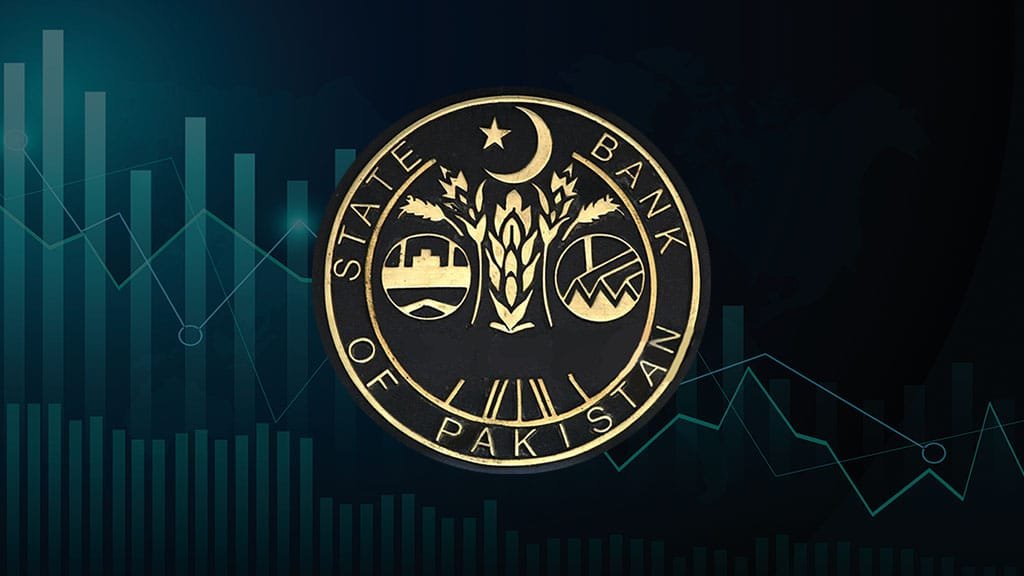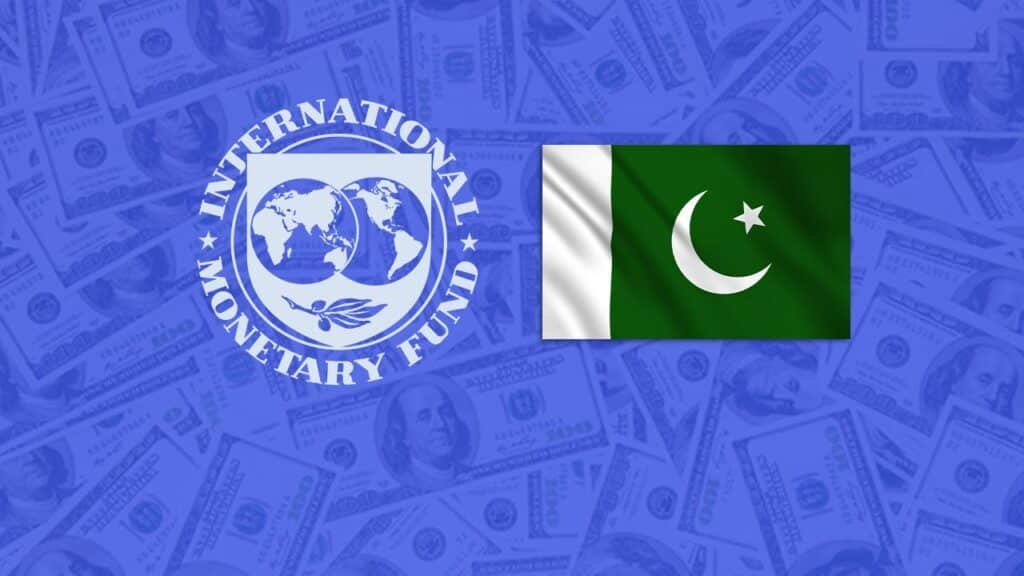ISLAMABAD: US President Donald Trump imposed a reciprocal tariff over 180 countries including Pakistan and slapped 10 per cent universal tariff on almost all countries with immediate and in case of Pakistan this tariff would go up to 29 per cent next week.
In response to this impulsive imposition of tariff, Pakistan’s Prime Minister constituted two high powered committees led by Minister for Finance Mohammad Aurangzeb as steering committee and another working group led by Federal Secretary Commerce to finalize recommendations for negotiating with the Trump administration to redress Pakistan’s concerns.
So far, some internal working done by the economic ministries indicated in its initial findings that Pakistan might not face any substantial impact on a short term basis keeping in view imposition of tariff on comparable and competing economies and secondly some adjustments might take place to provide marginal advantages for exports of Pakistan’s made ups.
If this tariff was imposed on Pakistan on a standalone basis Islamabad’s exports of $1 billion might have been affected but this tariff was imposed on almost all countries and in some instances it was slapped on the higher side for comparable economies so there would be no substantial loss in exports on immediate basis.
However, this step triggered risks of hitting global recessions so it might fuel inflation for inhabitants of the USA. If Washington plunges into recession it will have an impact for every economy including Pakistan over medium term.
The steering committee constituted by the Prime Minister Shehbaz Sharif will guide and supervise the Working Group on US Reciprocal Tariffs, deliberate and approve the recommendations presented by the Working Group, negotiate with US as a major Trading Partner on as and when required basis.
The steering committee will brief the Prime Minister on a regular basis regarding related developments/initiatives.
The Working group will analyse US reciprocal tariffs in terms of their applicability on Pakistan exports to US on each affected Tariff Line, study implications of these tariffs on Pakistan and the world in general, propose measures for tariff rationalization for confidence building measures for subsequent trade negotiations, propose initiatives to mitigate impact of higher US tariffs for Pakistani exports and analyze opportunities arising out of changes in global trade dynamics and propose strategies for gaining early mover advantage.
Azam Chaudhry Dean at Lahore School of Economics in its LinkedIn post stated that the Impact of US Tariffs on Pakistan’s Exports: Not as Severe as Expected. With ongoing discussions about the impact of US tariffs on global trade, we conducted a quick analysis of how Pakistan’s exports might be affected. Contrary to common fears, the data suggests that the impact may not be as severe as many anticipate.
A 29 per cent tariff on Pakistani exports to the US is expected to reduce exports to the US by about 12 per cent, assuming the entire burden is passed on to consumers.
Since the US accounts for 10-15 per cent of Pakistan’s total exports, this translates to an overall decline of just 2-3 per cent in total exports—approximately USD 0.5-0.75 billion.
Additionally, with Bangladesh, Vietnam, and China facing even higher tariffs, there may be some trade diversion in Pakistan’s favor. Moreover, US buyers might negotiate for Pakistani exporters to absorb part of the tariff, further softening the blow.
Key Takeaway: The overall impact remains moderate due to the relatively small share of exports to the US and the low price elasticity of our exports. While challenges exist, the situation may not be as damaging as initially perceived, he concluded.
Read next: Starlink gets NOC in Pakistan






